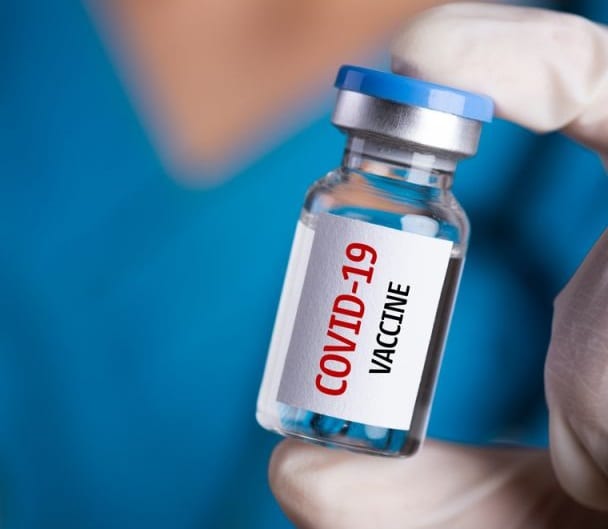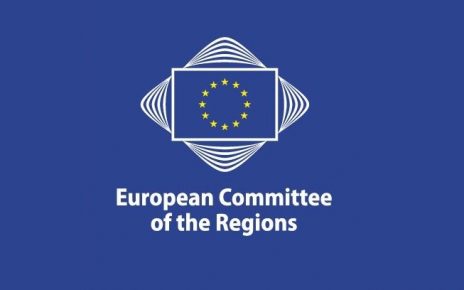On the eve of 2021 World Immunization Week, the World Health Organization (WHO) indicates increasing trust and confidence in vaccines, increasing vaccine acceptance, and removing barriers to access vaccines. It is appropriate, however, to observe that after more than one year since the outbreak of the COVID-19 pandemic, several issues continue to be poorly known.
- Vaccination is the only tool that can eradicate the COVID-19 coronavirus pandemic.
- WHO and medicine agencies have stressed the low risk of the rare adverse cases does not justify a decision whose potential social benefit is larger.
- Current data does not answer important COVID questions such as does the vaccine protect against a mutated-genome virus or does it produce severe adverse effects.
The role of vaccines and of personal protection devices, such as masks and keeping physical distance, in decreasing the rate of infection, and their recommendation also for people possibly immune, due to vaccination or previous infection, are broadly recognized, even if the necessity of masks in open spaces is not so evident. However, there are two groups of problems about which doubts persist, despite the tremendous bulk of information provided by the increasing number of cases, that have just passed the 140-million threshold.
The first group refers to the immunity induced by a previous infection or by vaccination, and to its duration, with the additional uncertainty caused by viruses. This poses two main questions. Does the immunity provided by infection protect against being infected by a mutated-genome virus? Do vaccines protect only against the virus used for their preparation?
The second group refers to the possibility that vaccination produces severe adverse effects, such as thrombosis or even deaths.



